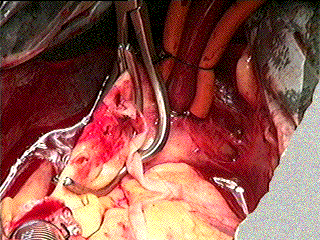Trial of Heart Surgery Drug Trasylol Halted; FDA issues new guidelines

A trial involving German drug company Bayer AG’s heart surgery antifibrinolytic drug Trasylol, used to control bleeding in high risk surgery patients, has been halted. The patients on Trasylol (aprotinin) appeared to be at a higher risk of death as compared to patients treated with the other two drugs, aminocaproic acid and tranexamic acid. The patients were having a reapeat bypass operation or having one or more valves replaced.
The trial is called BART, Blood Conservation using Antifibrinolytics. The antifibrinolytic drugs cut excessive bleeding by inhibiting fibrinolysis, a process that break down blood clots.
Trasylol, for more than a year, has been suspected to boost the risk of death, stroke and serious kidney damage.
Bayer said it has informed health authorities worldwide, including US Food and Drug Administration, who then issued an early communication about an ongoing safety review of Aprotinin injection. Bayer statement said that the company has not received the data from the trial yet and can only comment after they do their own analysis. Bayer informed that it may take up to 8 weeks to collect data as the trial was conducted over various centres across Canada.
Bayer said it also had issued new guidance to doctors and healthcare providers using Trasylol to treat patients having coronary artery bypass graft (CABG) surgery with cardiopulmonary bypass (CPB), who were at higher risk of blood or blood transfusion.
Trasylol manufacturers said they sill hold the safety of drug, and they are cooperating with FDA to reevaluate its risks and benefits.